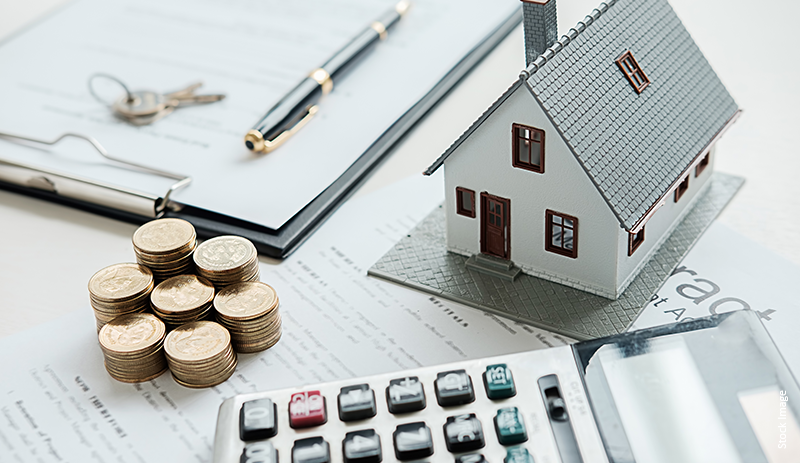Unlocking home equity can be a strategic financial move, providing homeowners with the means to access the accumulated value in their property. One popular method is through a home equity loan or a home equity line of credit HELOC. These financial tools allow homeowners to borrow against the equity they have built up in their homes over time. A home equity loan provides a lump sum, while a HELOC operates more like a credit card, offering a revolving line of credit. Both options typically come with lower interest rates compared to other types of loans, making them an attractive choice for homeowners looking to fund significant expenses, such as home renovations, education, or debt consolidation. Another approach to unlock home equity is a cash-out refinance. This involves refinancing the existing mortgage for a higher amount than what is currently owed, with the excess cash given to the homeowner at closing.

Cash-out refinancing can be a viable option when home values have appreciated, and interest rates are favorable. It allows homeowners to convert a portion of their home equity into liquid assets, which can be used for various purposes. However, it is crucial to carefully consider the long-term implications, as it increases the overall mortgage debt and may extend the repayment period. For those seeking a more flexible and gradual access to home equity, a reverse mortgage could be an option, particularly for seniors aged 62 and older. Reverse mortgages allow homeowners to convert part of their home equity into cash without selling the property or taking on additional monthly payments. Instead, the loan is repaid when the homeowner sells the home, moves out, or passes away. While reverse mortgages can provide a valuable source of income for retirees, they come with certain risks and fees, and it is essential to thoroughly understand the terms and implications before pursuing this option.
Investing in home improvements is another effective strategy to unlock and potentially increase home equity. Renovations and upgrades not only enhance the living space but can also contribute to the overall appreciation of the property. Kitchen remodels, bathroom renovations, and energy-efficient upgrades are examples of projects that can add value to a home. It is important to prioritize improvements that align with market trends and homebuyer preferences to maximize the return on investment. Regardless of the chosen strategy, it is crucial for homeowners to assess their financial goals, consider the associated costs and risks, and consult with financial advisors or mortgage professionals for Outdoor Wedding. Additionally, staying informed about the real estate market, interest rates, and economic trends can help homeowners make well-informed decisions when it comes to unlocking their home equity. Ultimately, tapping into home equity can be a powerful financial tool, providing a means to achieve various goals and improve overall financial well-being.
